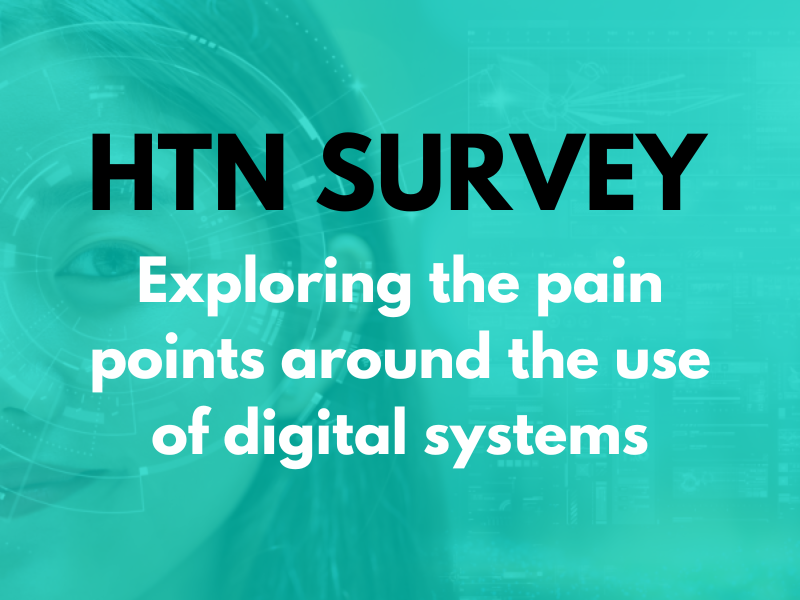The roll-out of digital pathology in Greater Manchester has begun, with the Royal Oldham Hospital becoming the first to use digital images for biopsies, and further plans to see all seven laboratories in the region implement digital pathology by 2025.
Allowing traditional glass slides to be scanned in order for physicians to view them as an image rather than through a microscope, and enabling results to be shared across the network, using digital pathology is said to support a faster turnaround time for test results.
For the go-live, the Royal Oldham Hospital chose bladder, colonic and duodenal biopsies to be prioritised. The programme, led by the Greater Manchester Pathology Network, has been underway for a total of 15 months so far.
Beth Tumilty, programme lead at the Greater Manchester Diagnostics Network, talked about her excitement “to continue with the team on this journey to achieve optimisation of the system”, adding that the new technology “will enhance resilience, maintain high standards of diagnostic accuracy and improve overall patient outcomes with faster treatment turnaround times”.
Amanda Ogden, service manager for the cellular pathology and mortuary service at Northern Care Alliance NHS Foundation Trust, shared that there is “strong buy-in” from consultants, who are “excited by the possibilities” of enhancing diagnostics. She also highlighted the potential for digital pathology to “enhance multi-disciplinary team meetings and collaboration”, with people across sites having immediate access to high quality digital images.
At the start of this year, the government accepted the UK National Screening Committee’s finding that the use of digital pathology to examine body tissues is a “safe option to complement or replace light microscopy”, with further use of digital pathology encouraged across the NHS.
And in the use of digital pathology elsewhere in the NHS, Calderdale and Huddersfield NHS Foundation Trust recently went live with the national pathology imaging co-operative (NPIC) digital pathology platform, aiming to improve pathology services and create a platform for research and innovation.






